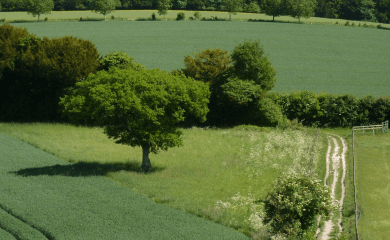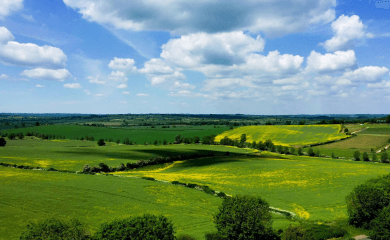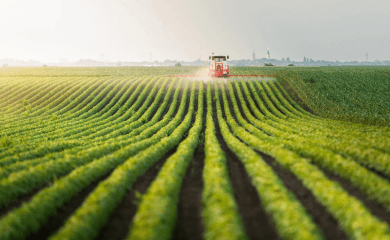Introduction
Sustainable Meat
The undeniable case for sustainable meat: Supporting nature and nourishing our planet
The importance of sustainable meat production is becoming increasingly evident. As the demand for meat grows, it is essential to adopt practices that support the environment and promote health.
Sustainable meat practices involve methods that reduce environmental impact, such as regenerative farming, which can help restore soil health and sequester carbon. These methods ensure that meat production does not deplete natural resources.

Organic farming, in particular, has shown to be beneficial for wildlife and soil carbon.
Organic farms are more biologically diverse and have been found to have 50% more wildlife and 44% more soil carbon on average. Organic manures also improve soil structure and resilience against drought and flooding. While no farming system is perfect, the evidence suggests that livestock can be part of the solution.
There are concerns about the impact of livestock on land use and biodiversity.
However, studies have shown that with the right policies and farming incentives, organic farming can feed everyone a healthy diet while still allowing for habitat restoration and ecological regeneration. By committing a portion of farmland to nature and carbon, we can raise bird populations and store carbon, all while maintaining food production.
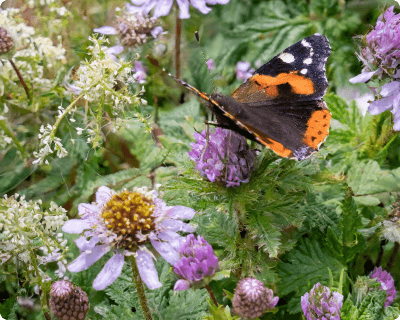
It is important to acknowledge that changes in diet are necessary for a sustainable future.
Modelling at a European level has shown that shifting towards organic farming can feed everyone while reducing the consumption of ruminant meat by 30-50%. This shift, along with reducing intensive farming practices, especially in pig and chicken production, can contribute to a more nature-friendly and humane farming system
While there are valid criticisms of extensive grazing practices, there is potential for both organic and non-organic grazing systems to support wildlife and restore grasslands. Restoring meadows and integrating trees and hedges into the farmed landscape can create opportunities for biodiversity. Collaboration between farmers and farmer-led research is key to enhancing both conventional and agroecological systems.
There are no simple solutions, and trade-offs need to be negotiated. However, organic and agroecological farming offer hope for a nature-friendly future. These farming systems are delivering benefits for people and the planet today and should be supported as blueprints for sustainable agriculture. With the right policies and support, farmers can be empowered to address the climate and nature crises we face.

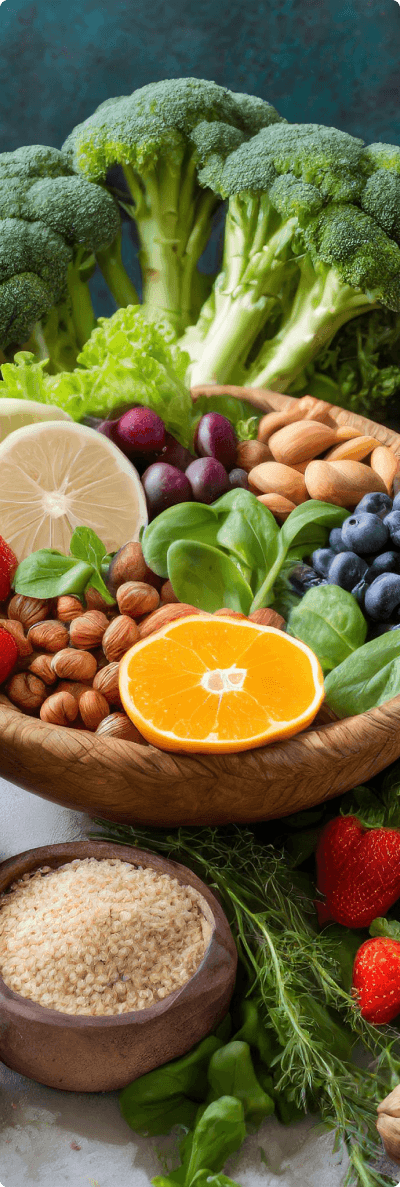
Livestock plays a crucial role in agroecological systems, which are farming approaches that prioritize working with nature and minimizing synthetic inputs. Here are some key roles that livestock can play in agroecology:
Soil Health and Fertility:
Livestock, especially grazing animals, can help build healthy, living soils. In rotation systems, where grass lays are used to naturally build fertility, ruminant animals graze on the grass and convert it into food.
This process avoids the need for high-energy synthetic fertilizers or mechanical mowing, contributing to soil health and fertility.
Habitat Management:
Livestock can act as managers of habitats, increasing biodiversity and regenerating soils. They can be used to graze on land that may not be suitable for cropping, such as unimproved upland areas.
By grazing and browsing, livestock can help maintain and restore diverse habitats, capturing carbon and supporting low-impact food production.
Waste and By-Product Utilization:
Animals with a single-chambered stomach, like pigs and chickens, can consume by-products and waste streams, creating “closed loop” systems.
This means they can utilize resources that would otherwise go to waste and help cycle nutrients back into the land. Their manures can contribute to soil fertility, reducing the need for synthetic fertilizers.
While livestock can play a beneficial role in agroecological systems like organic farming,
it's important to note that much of the meat and dairy products available in supermarkets come from intensive systems. These intensive systems have various negative impacts, such as inefficient land use, imported feed crops associated with land conversion, high greenhouse gas emissions, and excessive antibiotic use.
To transition to agroecology, diets would need to shift towards consuming less intensively farmed meat and dairy, and more organic and pasture-fed ruminant meat and dairy, as well as a greater emphasis on plant-based foods. By supporting agroecological systems and avoiding intensively farmed products, individuals can contribute to the necessary system change and help farmers sustainably manage livestock
food, as well as offering organic and sustainable plant-based alternatives to counter any harmful emissions such as methane, which could be derived from beef
We believe there is no better solution for maintaining and supporting a healthy and sustainable land and diet and that we have studied and we conclude therefore that our food is the most sustainable and healthy for people and planet. In choosing to but.
In choosing to buy food from Net Zero Foods, you are making the choice for a more sustainable and healthy food system for people and planet.

